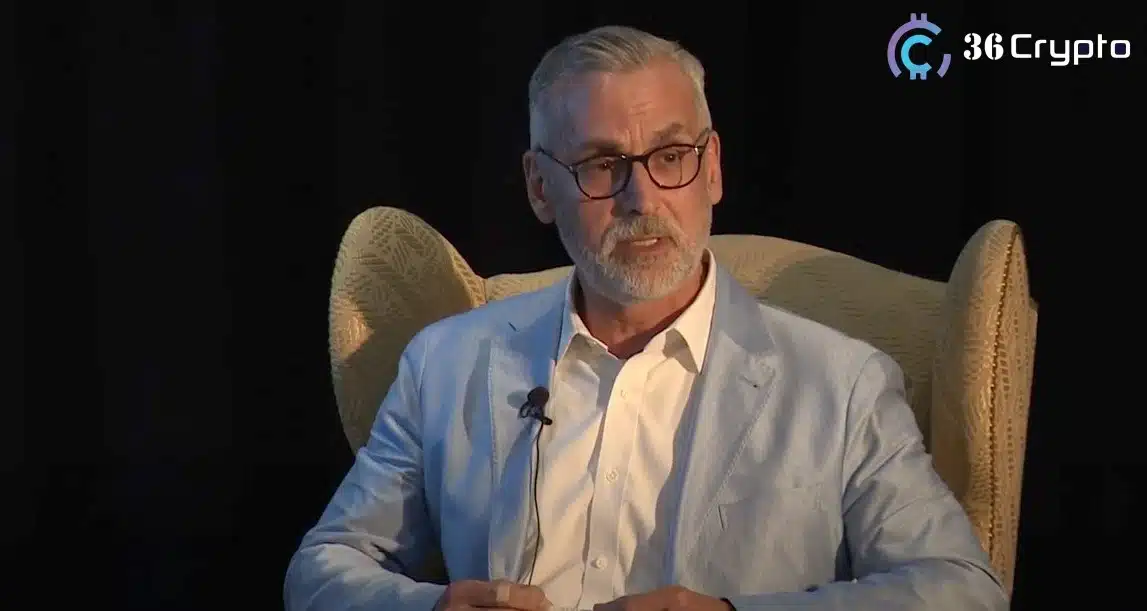Stuart Alderoty, Ripple’s Chief Legal Officer, recently criticized the U.S. Securities and Exchange Commission (SEC) for its ongoing legal battle against the cryptocurrency industry, particularly the case against Binance.
On Twitter, Alderoty pointed out that the SEC’s filing of an 81-page brief in the Binance case was full of “recycled” arguments. He singled out the assertion that cryptocurrencies lack inherent value, calling it “absurd and unsupported.” His comments reflect a growing frustration with the SEC’s regulatory approach toward digital assets.
Alderoty’s criticism comes as part of a broader industry push for more precise and consistent regulations in cryptocurrency. The SEC, under Chair Gary Gensler, has faced mounting criticism for using outdated legal frameworks, notably the Howey Test, to regulate digital assets. The Howey Test, one of the essential legal benchmarks to ascertain whether an asset constitutes a security, has been regarded mainly as utterly inapplicable to digital currencies’ peculiar traits.
Also Read: Ripple CEO and Industry Leaders Back Paul Atkins as New SEC Chair, Expecting Major Regulatory Shift
Growing Concern Over SEC’s Approach to Crypto Regulation
A prominent crypto attorney, John Deaton, also weighed in on the SEC’s approach, noting that the Howey Test’s focus on intrinsic value is irrelevant to determining whether an asset is a security. Like Alderoty, Deaton also alleged that because the SEC relies on archaic interpretations, the body’s credibility is shaken. Many lawsuits filed by the SEC are considered counterproductive in that they thwart development in the crypto industry.
The legal cases it has had with firms such as Ripple, Binance, and Coinbase are manifestations of the fundamental problems with how the SEC uses securities laws against cryptocurrencies. SEC’s actions, though disruptive in the short term, do prompt essential questions about the growing phenomenon of digital assets or cryptocurrencies. With calls for a more modernized regulatory framework growing louder, the future of cryptocurrency regulation in the U.S. remains uncertain.
As legal challenges continue, industry leaders like Alderoty emphasize the need for a more tailored approach to crypto regulation. The outcome of these ongoing cases could shape the future of the U.S. crypto landscape.
Also Read: Is Ripple’s Stablecoin Launch Delay Behind the XRP Crash?
